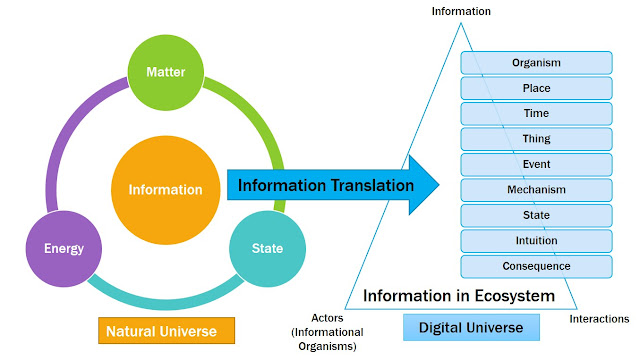Adaptive Thinking
Adaptive thinking is imperative to survive and thrive in this
amazing period of change. Being adaptive requires the ability to actively scan
and identify changes (internal and external) based on both the intuitions and
analytics, and effectively respond to such changes for continuous efficiency
(operations and improvement) and innovation (growth and transformation). See figure
1 from Gill (2015) – Adaptive Cloud Enterprise Architecture Book.
Figure 1. The Gill Framework® V3.0 – Adapting to change (from Gill 2015)
Adaptive
thinking is a complex phenomenon and has several facets. This post discusses the
following key elements of “adaptive thinking” (based on Gill 2013; Gill 2015; Gill
et al. 2015).
- Agility
- Analytics
- Service Science
- Design Thinking
- Resiliency
- Systems Thinking
Agility is
the ability of an adaptive entity that is responsive, flexible, fast (to
accommodate expected or unexpected changes rapidly), lean (follows the shortest
time span, uses economical, simple and quality instruments in a dynamic
environment) and learning (applies updated prior knowledge and experience to
learn from the internal and external environment).
Analytics is
the ability of an adaptive entity to monitor, collect, analyse, and interpret data
and information for actionable insights. Analytics could be descriptive,
discovery, predictive and prescriptive in nature.
Service science
offers a service-centric view of an environment where services are fundamental unit
of exchange and where value is not delivered rather co-created.
Design
thinking is a balanced interplay of intuition and analytical thinking for the
continuous design or re-design of an entity for continuous efficiency and innovation.
Resiliency
is the ability of an adaptive entity to operate well under stress and has the
ability to adapt and recover from a disruption or disaster state. It could include concepts of continuity, availability,
recovery, security, and governance, risk and compliance (GRC).
Systems thinking
refers to a holistic living system of systems (SoS) thinking where a system is
not merely a sum of its parts. It is continually evolving and has many independent
and dependent parts that strive to maintain and restore to steady or normal
state from an expected or unexpected disruption.
References:
- www.aqgill.com
- Gill, A.Q. 2015. Adaptive Cloud Enterprise Architecture. http://www.amazon.com/Adaptive-Enterprise-Architecture-Intelligent-Information/dp/9814632120
- Gill, A.Q., Chew, E., Bird, G. & Kricker, D. 2015. An Agile Service Resilience Architecture Capability: Financial Services Case Study. CBI (1), IEEE, pp. 209-216.
- Gill, A.Q. 2013. Towards the Development of an Adaptive Enterprise Service System Model. AMCIS, Association for Information Systems



Comments
Post a Comment